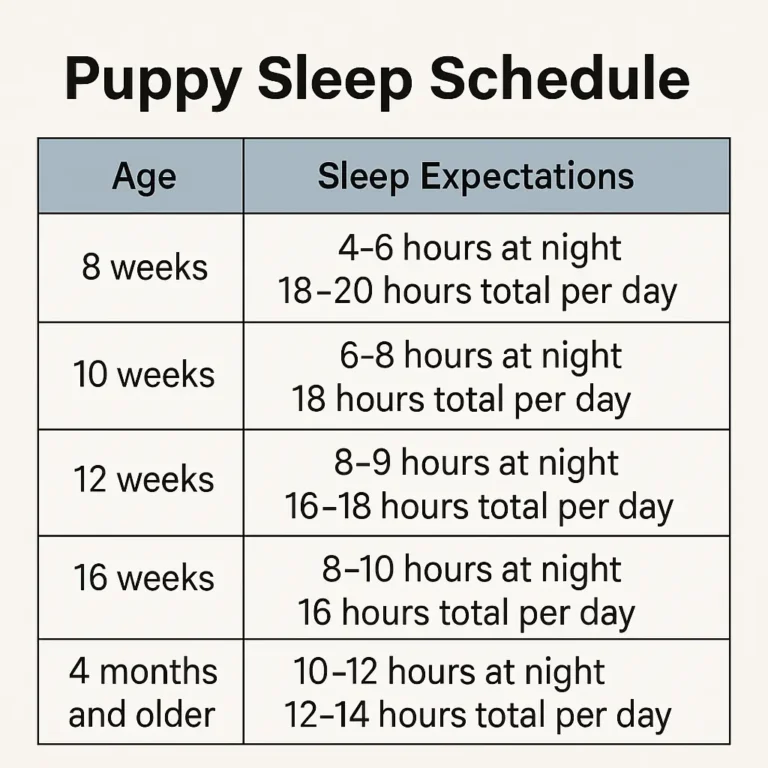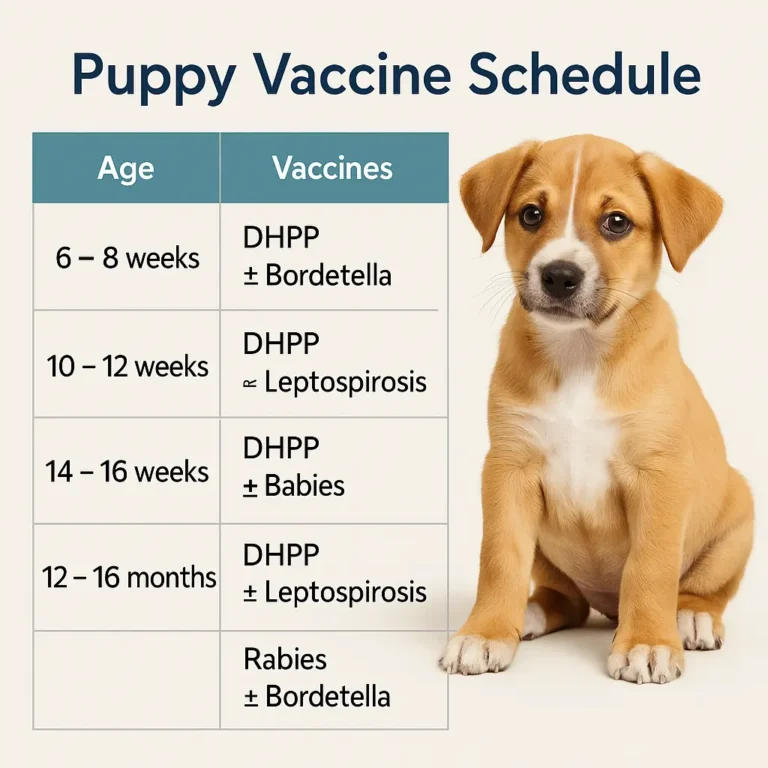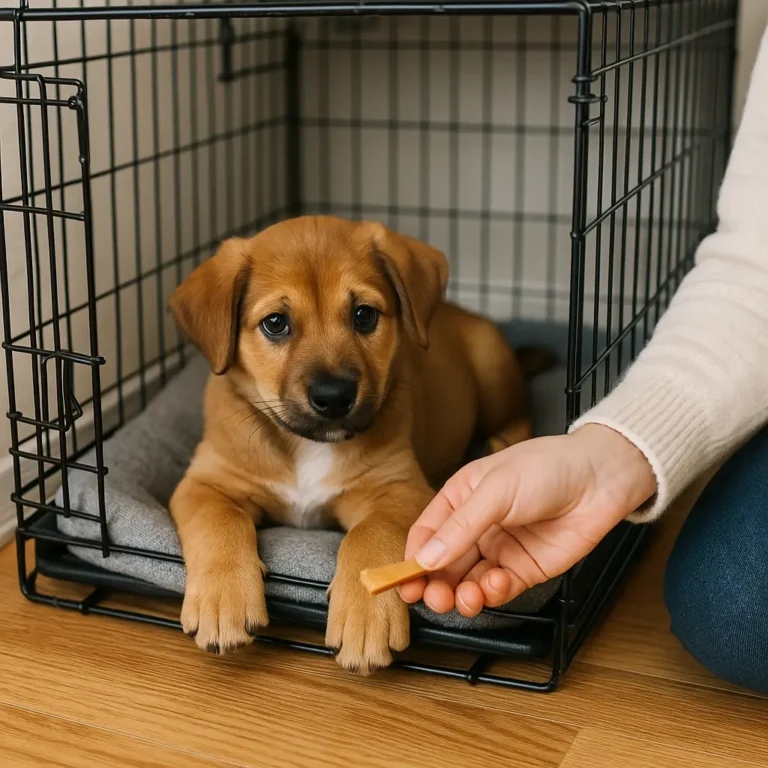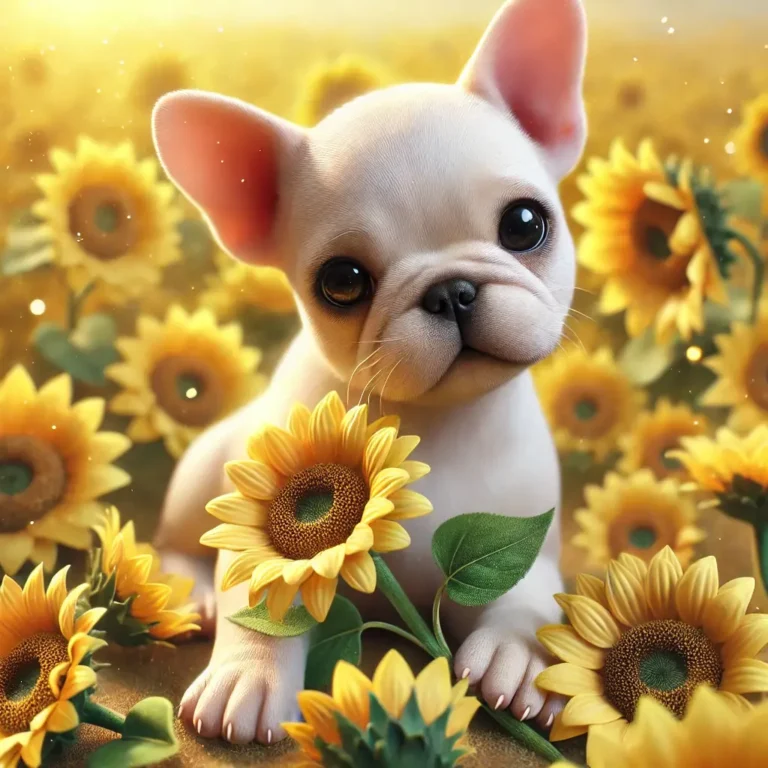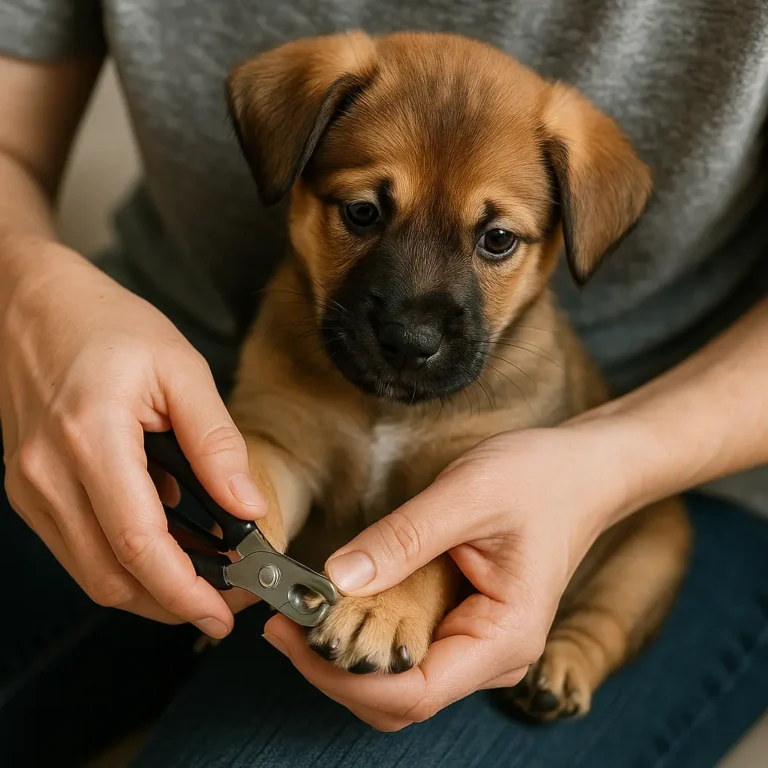Bulldog
Bulldog: Your Essential Guide to This Loyal, Lovable Breed
The Bulldog is one of the world’s most recognizable and beloved dog breeds, widely admired for its distinctive muscular build, signature wrinkles, and dignified yet affectionate personality. Initially bred in England for bull-baiting, today’s Bulldogs are gentle companions cherished by families worldwide. Known for their laid-back temperament, loyalty, and friendly disposition, Bulldogs make excellent pets for households of all types, from families with children to singles and seniors. Their moderate activity level and compact size render them ideally suited for apartment living and urban environments. Bulldogs thrive on companionship and form strong emotional bonds with their human families. Due to their brachycephalic nature, Bulldogs are sensitive to extreme temperatures, particularly heat, requiring climate-controlled living spaces. Regular grooming, including wrinkle care, contributes significantly to their comfort and health. With proper veterinary care, responsible breeding practices, and abundant affection, Bulldogs offer unwavering companionship, loyalty, and a gentle presence, enriching daily life and family dynamics significantly.

Bulldog puppies, charmingly wrinkled and adorably stout, quickly become beloved family companions. Early socialization is crucial, building confidence and fostering friendly interactions with people and pets. Puppies need balanced diets, routine veterinary visits, gentle obedience training, and consistent grooming—especially regular cleaning of facial wrinkles to prevent skin irritations. Their sensitive respiratory systems require moderate exercise and climate-controlled environments. Offering safe chew toys helps soothe teething discomfort and curbs destructive behaviors. Establishing consistent routines early reinforces positive behavior and emotional stability effectively. Shower your Bulldog puppy with patience, attentive care, and affection, ensuring a loyal, affectionate, and sociable companion perfectly integrated into your family’s lifestyle.
Breed Traits
Bulldogs feature muscular builds, distinctive wrinkles, gentle temperament, low-to-moderate energy, sociable nature, adaptability to apartment living, minimal grooming needs, affectionate personalities, and strong companionship bonds with families worldwide.
Bulldogs typically have lifespans ranging from 8 to 10 years. Responsible breeding, regular veterinary care, balanced diets, controlled exercise, and appropriate grooming significantly enhance their health and longevity potential effectively.
Fully grown Bulldogs generally measure approximately 14 to 15 inches at the shoulder. Their sturdy, compact stature makes them ideal for urban environments, apartment living, and comfortable family companionship daily.
Adult Bulldogs commonly weigh between 40 and 50 pounds. Proper nutrition, regular veterinary monitoring, and moderate activity levels are essential for maintaining optimal weight, supporting their overall health and vitality effectively.
Bulldogs thrive best indoors within climate-controlled environments. Sensitive to extreme temperatures, especially heat, they require cool living conditions to maintain comfort, good health, and overall well-being consistently and effectively.
Breed Characteristics
Known for their muscular bodies, distinctive facial wrinkles, friendly disposition, affectionate temperament, moderate energy, adaptability, minimal grooming requirements, and suitability as excellent family companions in modern households worldwide comfortably.
Bulldogs make exceptional family pets, known for gentle, patient, and affectionate interactions with both adults and children, fostering strong emotional bonds, harmonious relationships, and positive daily companionship effectively.
Bulldogs exhibit muscular, compact bodies with distinctive loose wrinkles, broad heads, undershot jaws, expressive eyes, short legs, smooth coats, and characteristic sturdy stances, enhancing their uniquely appealing appearance significantly.
Highly affectionate and sociable, Bulldogs thrive on human interaction. Early socialization promotes confident, positive relationships with new people, pets, and environments, creating adaptable, friendly family pets effortlessly and comfortably.
Bulldogs are adored for their gentle, affectionate, loyal, and friendly nature. Their relaxed, adaptable temperament allows them to integrate seamlessly into diverse family environments, significantly enhancing daily companionship and household harmony.
Training Your Bulldog
Training Bulldogs requires patience, consistency, and positive reinforcement. Although intelligent, Bulldogs may exhibit stubbornness; thus, short and rewarding sessions using praise, treats, and gentle correction are most effective. Early obedience training, leash manners, and comprehensive socialization help establish desired behaviors. Harsh disciplinary methods should be avoided—clear communication, gentle guidance, and consistent boundaries foster trust and cooperation. Regular routines effectively reinforce training and positive behaviors. Moderate physical and mental stimulation prevents boredom and promotes emotional well-being. Properly trained, your Bulldog matures into an obedient, affectionate, and sociable family companion, seamlessly integrating into daily life, enhancing household harmony, and providing loyal companionship consistently.
Bulldogs History & Facts
Originating in 13th-century England, Bulldogs were initially bred for bull-baiting, a sport outlawed in 1835. Afterward, breed enthusiasts began selectively breeding Bulldogs for companionship, significantly softening their temperament and physical attributes. Bulldogs evolved into gentle, affectionate companions ideal for family life, rapidly gaining global popularity. Their distinctive appearance, featuring muscular builds, loose skin folds, and expressive features, contributed significantly to their lasting appeal. Recognized internationally as a beloved breed, today's Bulldogs symbolize loyalty, companionship, and gentle affection, favored by diverse families, city dwellers, and pet enthusiasts alike, seamlessly adapting from their historical roots into cherished modern companions for contemporary lifestyles worldwide.
Bulldogs symbolize national pride, especially in Britain, representing determination, resilience, and courage. Their distinctively dignified appearance and affectionate nature make them beloved mascots internationally, notably in sports and education institutions.
Bulldogs possess respiratory sensitivities, requiring careful temperature management. Owners must provide climate-controlled environments, especially avoiding overheating, ensuring ongoing comfort, optimal health, and sustained happiness effectively throughout their lives.
Renowned for their gentle nature, Bulldogs exhibit patience, affectionate behavior, and playful interactions with children, making them excellent family pets fostering positive emotional bonds, harmonious relationships, and daily companionship consistently.
Bulldogs have moderate energy levels, needing only minimal daily exercise. Short walks and gentle play suffice, perfectly suiting them to apartment living, urban lifestyles, and families preferring relaxed routines comfortably.
Bulldogs' distinctively muscular builds, wrinkled facial features, and sturdy stances create instantly recognizable appearances, significantly enhancing their visual charm, popularity, breed recognition, and appeal to dog lovers worldwide consistently.
Popular Bulldog Breeds
Bulldogs are beloved for their distinctive looks and charming personalities, producing some wonderful purebreds and mixed breeds. The French Bulldog (Frenchie) is the compact, bat-eared companion that’s stolen hearts worldwide. The English Bulldog remains the classic, wrinkly-faced symbol of determination with a gentle soul.
Bulldog mixes create equally amazing companions:
Bulldog X Shih Tzu (Bulldog Tzu) = A fluffy, affectionate lapdog with a pushed-in face
Bulldog X Pitbull (Bullypit) = A muscular, loyal protector with a big heart
Bulldog X Boxer (Bullboxer) = An energetic, playful athlete with clownish charm
Bulldog X Beagle (Beabull) = A scent-driven, food-motivated family friend
Bulldog X Husky (Bulldogsky) = A striking, blue-eyed mix of stubborn personalities
These bulldog varieties and crosses showcase the breed’s versatility – from purebred couch potatoes to mixed-breed adventurers. Whether you want a compact apartment companion (Frenchie), a classic mascot (English), or an unusual hybrid (Bulldogsky), there’s a bulldog type for every lifestyle. All share that characteristic bulldog determination wrapped in unconditional love!
The Bulldog requires a balanced diet rich in high-quality protein, healthy fats, and essential nutrients to support their muscular build and overall health. Lean meats such as chicken, beef, or fish provide necessary protein, while omega fatty acids help maintain a healthy coat. Since Bulldogs are prone to obesity, portion control is crucial to prevent joint and breathing issues. Avoid grains, artificial additives, and excessive fillers to prevent digestive problems. Feeding them two measured meals per day helps regulate their metabolism and energy levels. Fresh water should always be available to keep them hydrated and healthy.
Breed Behaviour of Bulldogs
Bulldogs are loyal, affectionate, and easygoing companions. They enjoy human interaction and thrive in family settings. Although they have a stubborn streak, they are loving and protective of their owners. Bulldogs have a playful nature, but they prefer short bursts of activity followed by long naps, making them ideal indoor pets.
Alertness
Protectiveness
Prey drive
Aggressiveness
Barking level
Trainability
Mental stimulation needs
Intelligence
Bull Dog Cross - Popular Mix Breeds
Bulldogs create some of the most charming and unique mixed breeds when paired with other dogs. The rare Fluffy French Bulldog (Fluffy Frenchie) stands out with its longer, soft coat – a genetic twist on the classic short-haired Frenchie. The Old English Bulldog represents a healthier, more athletic version of its English Bulldog ancestor before extreme breeding.
For delightful bulldog mixes:
English Bulldog X Pitbull (Engbull) = A powerful yet loyal family protector with signature wrinkles
English Bulldog X Boxer (EnBulloxer) = An energetic, muscular athlete with clownish personality
French Bulldog X Beagle (BeaFrbull) = A scent-driven, food-motivated friend with hound instincts
English Bulldog X Husky (Bulsky) = A strikingly mismatched pair producing blue-eyed, stubborn charmers
These bulldog crosses showcase the breed’s amazing versatility – from the rare Fluffy Frenchie to the athletic Old English Bulldog to various mixed breeds that combine bulldog charm with other dogs’ best traits. Whether you want a unique purebred variation or an unusual hybrid, bulldog mixes offer something for every dog lover while maintaining that signature bulldog personality wrapped in unconditional love!
The Bulldog has a short, smooth coat that requires weekly brushing to remove loose hair and maintain healthy skin. Their skin folds must be cleaned daily to prevent infections and bacterial buildup. Routine ear cleaning, nail trimming, and dental care are crucial for their overall health. Since their coat is thin, Bulldogs are sensitive to temperature extremes, requiring extra protection in hot or cold weather. Using hypoallergenic shampoos helps prevent skin irritations, ensuring their coat stays shiny and healthy. Proper grooming keeps Bulldogs comfortable, clean, and free from common skin-related health issues.
Health: Common Health Concerns in Bulldogs & Prevention Tips
Bulldogs are prone to breathing difficulties, hip dysplasia, and skin infections due to their brachycephalic structure and wrinkled skin. They are also heat-sensitive, making them vulnerable to heatstroke in warm weather. Proper weight management, regular vet visits, and skin care are crucial for their health and well-being.
Dog Breed Size: Is the Bulldog Small, Medium, or Large?
The Bulldog is considered a medium-sized breed, but its broad shoulders and muscular build make it appear larger than expected. While short in height, its dense structure gives it a solid and sturdy appearance. Due to its low-energy needs, it is well-suited for apartment living.
Bulldogs faq
Are Bulldogs good for first-time owners?
Do Bulldogs get along with other pets?
How often should I groom my Bulldog?
Are Bulldogs aggressive?
Do Bulldogs require a lot of exercise?
Are Bulldogs prone to health issues?
Can Bulldogs live in apartments?
How long do Bulldogs live?
The Bulldog has an average lifespan of 8–12 years. Their lifespan depends on genetics, diet, and routine vet care. Regular exercise, a balanced diet, and keeping them in a cool environment help extend their lifespan and improve their quality of life.
If you’re looking for a medium-sized, affectionate, and low-maintenance companion, the Bulldog is an excellent choice! They are friendly, adaptable, and great for families, singles, and apartment dwellers. With proper care, training, and a healthy lifestyle, they make loyal and loving pets for many years.

